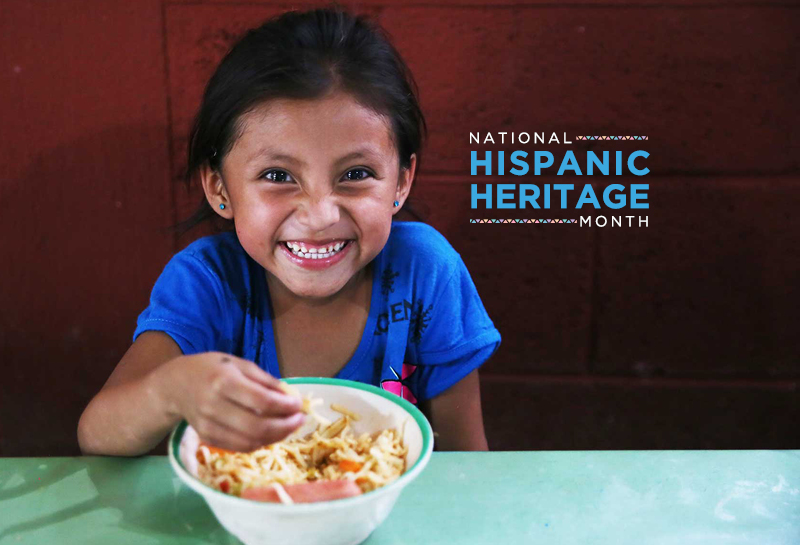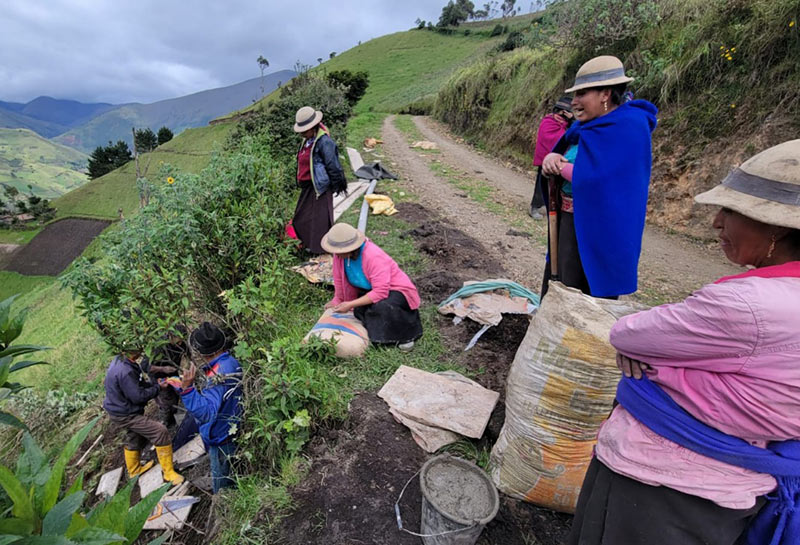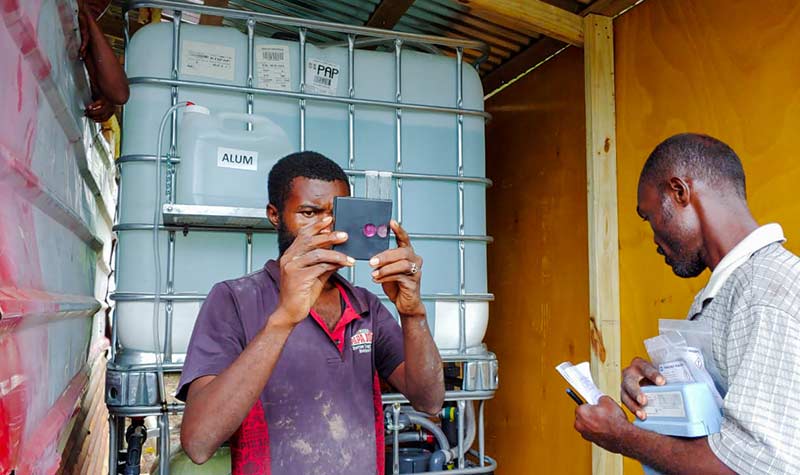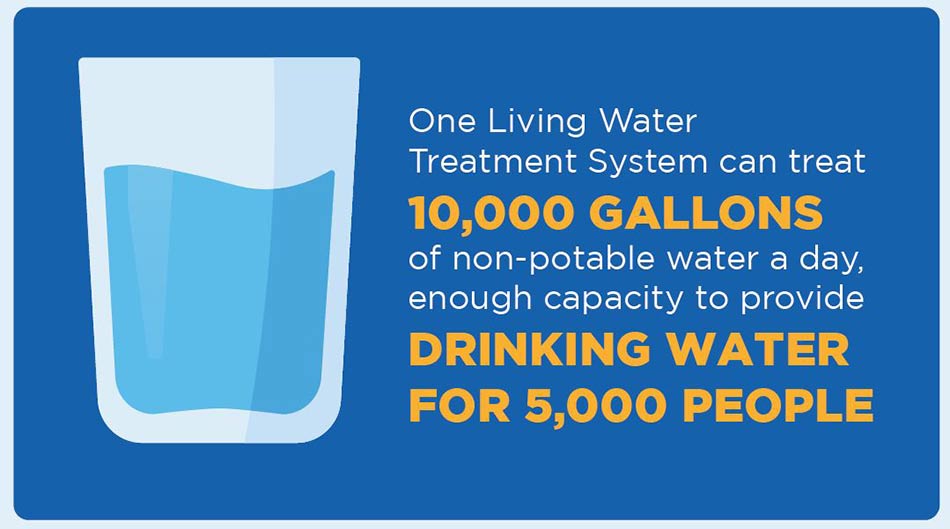During National Hispanic Heritage Month, Food For The Poor is proud to spotlight team members of Hispanic descent who share our mission to help impoverished people in Latin America and the Caribbean. Born and Raised in Ecuador, Vivian Borja Is Now a Food For The Poor Executive Helping To Lift Families Out of Poverty and […]
Help Avert a Humanitarian Crisis
Haiti Needs Urgent Assistance
In recent days, a surge of violence in Haiti has forced at least 360,000 people out of their homes. Food For The Poor’s distribution centers need more resources to serve the 4 million people who are now facing acute food insecurity. Help us restock and ship more containers to respond to the immediate crisis and prepare the recovery efforts to help internally displaced families return home.






